Assistant Principal
Katrina Spicer - Wellbeing
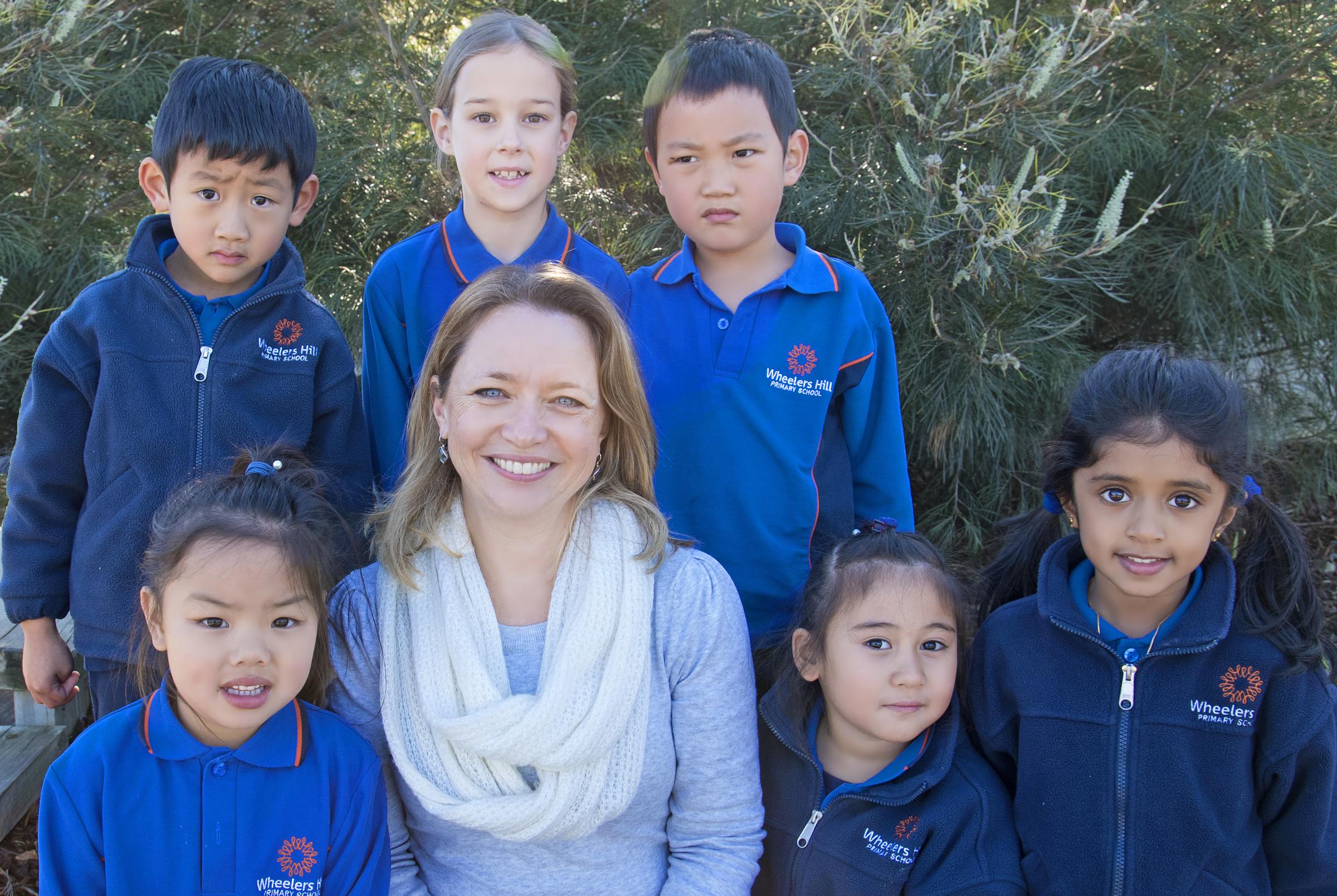
Assistant Principal
Katrina Spicer - Wellbeing
GEM chats are short activities or conversations that can help guide children to build their awareness of gratitude, empathy and mindfulness.
You might like to try some of these conversation starters at home. These GEM chats are designed to develop and build empathy.
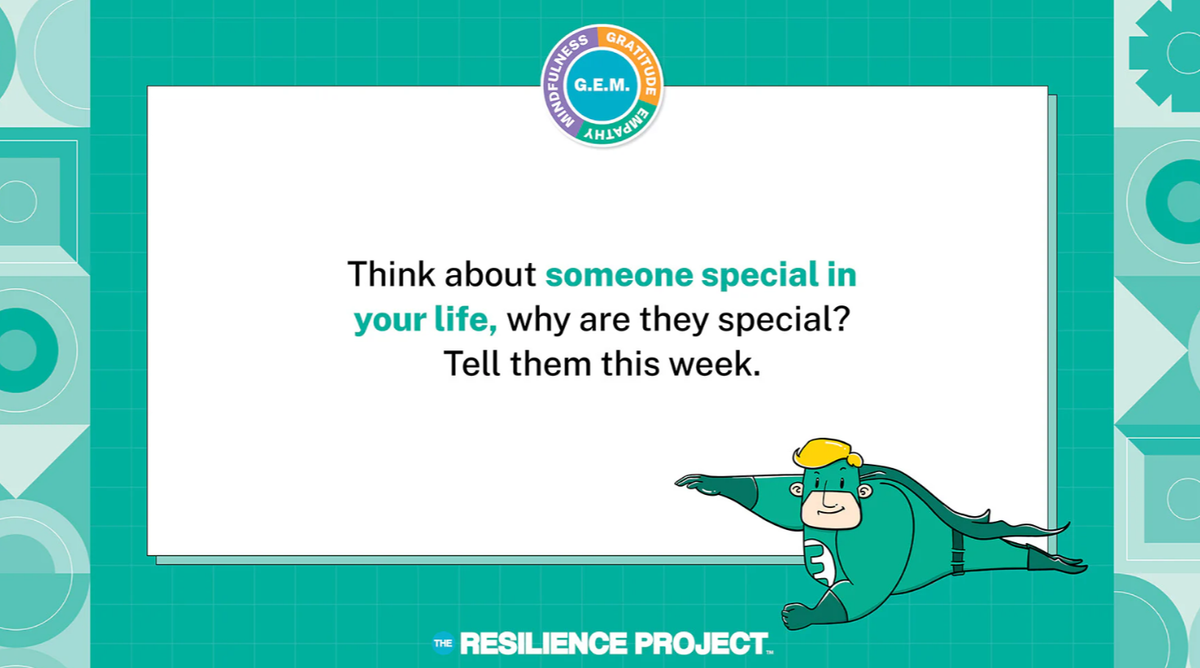
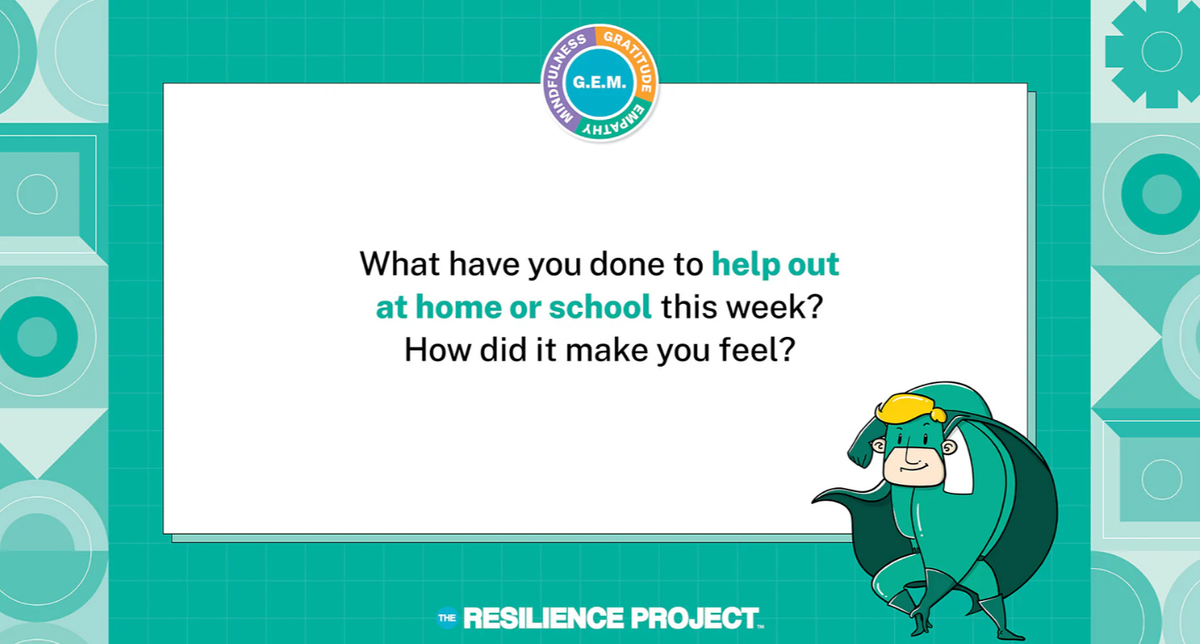
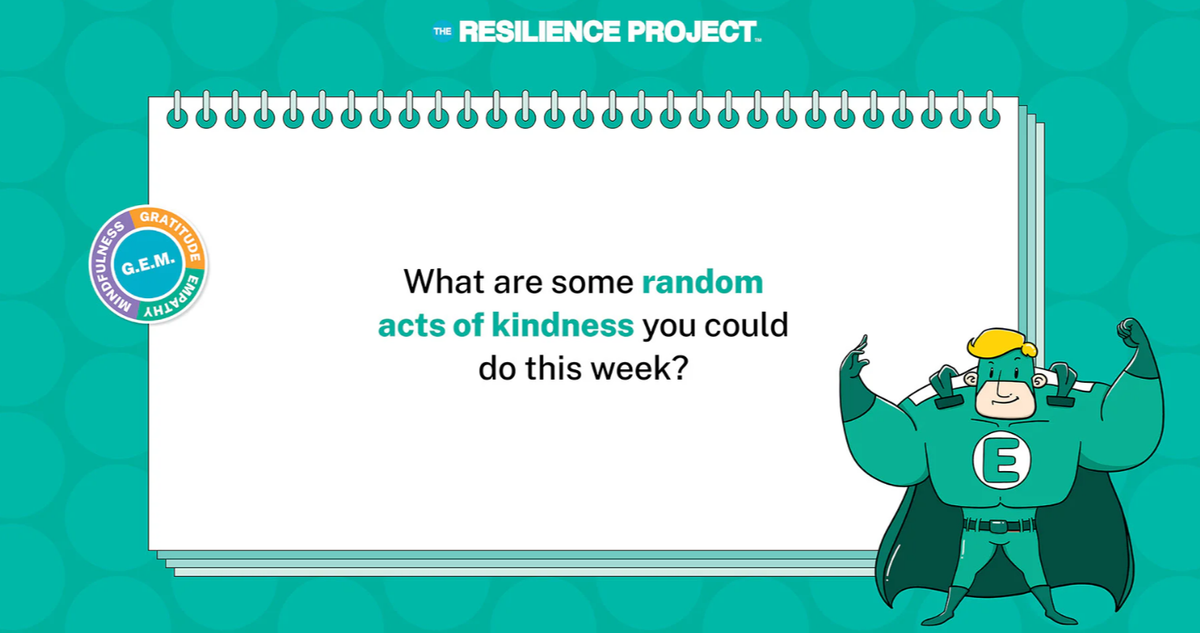
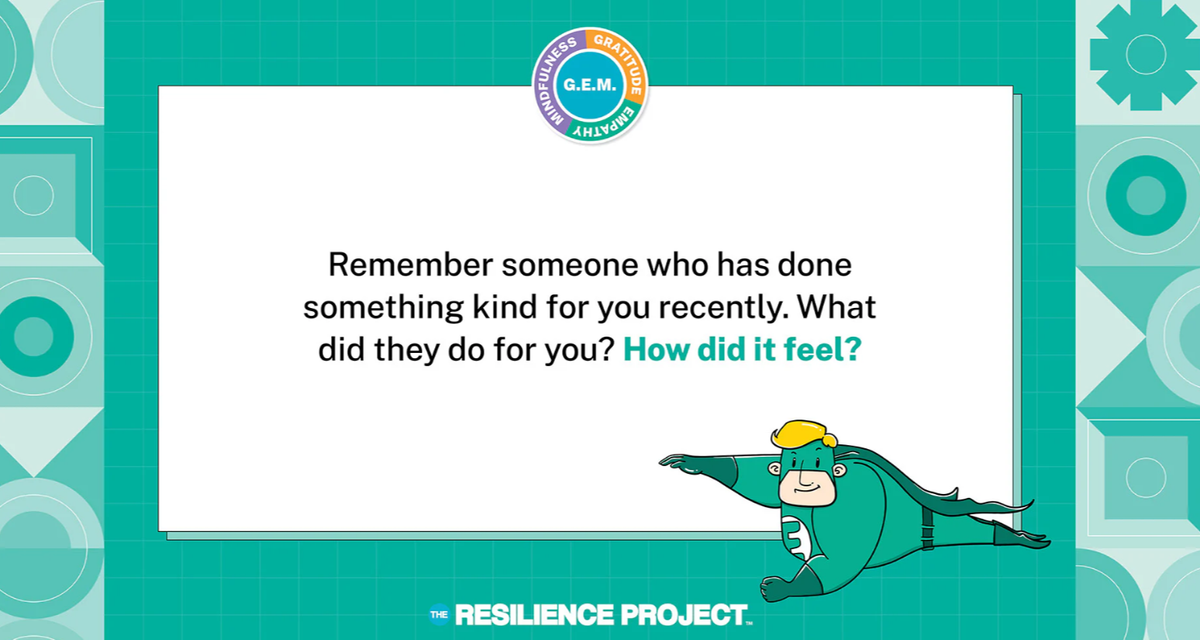
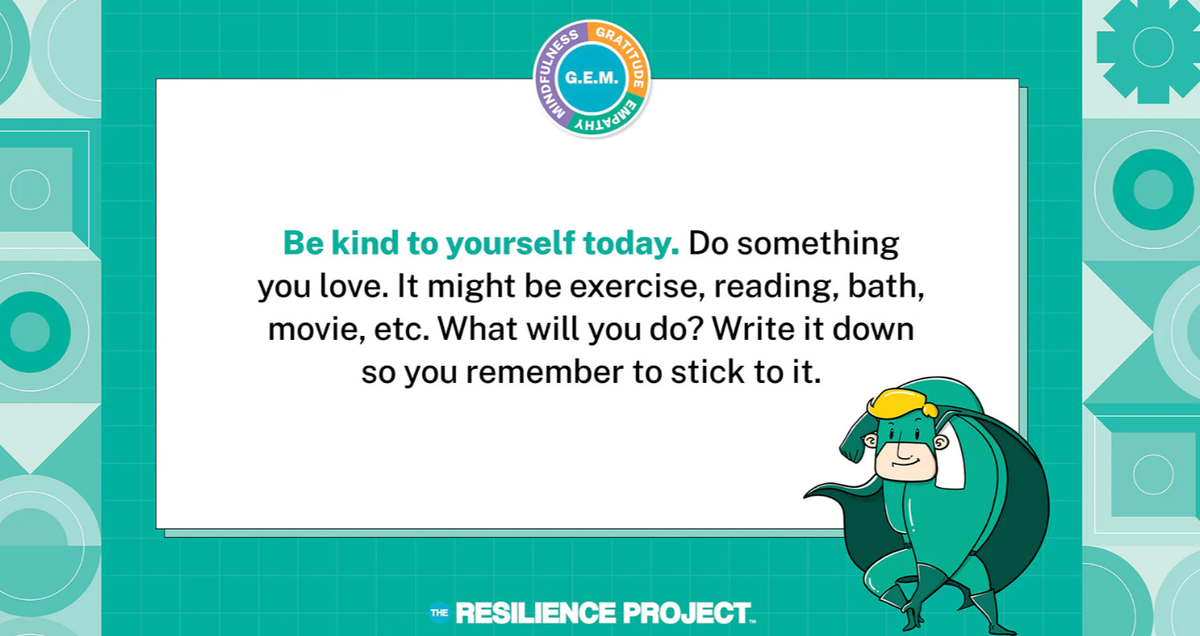
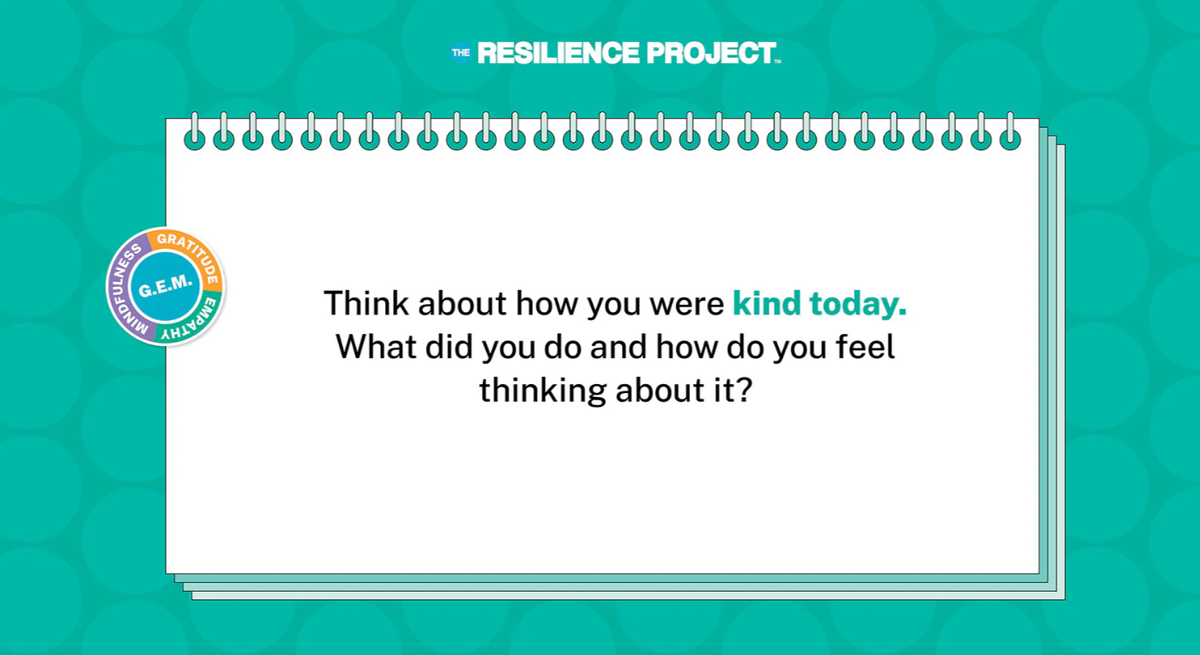
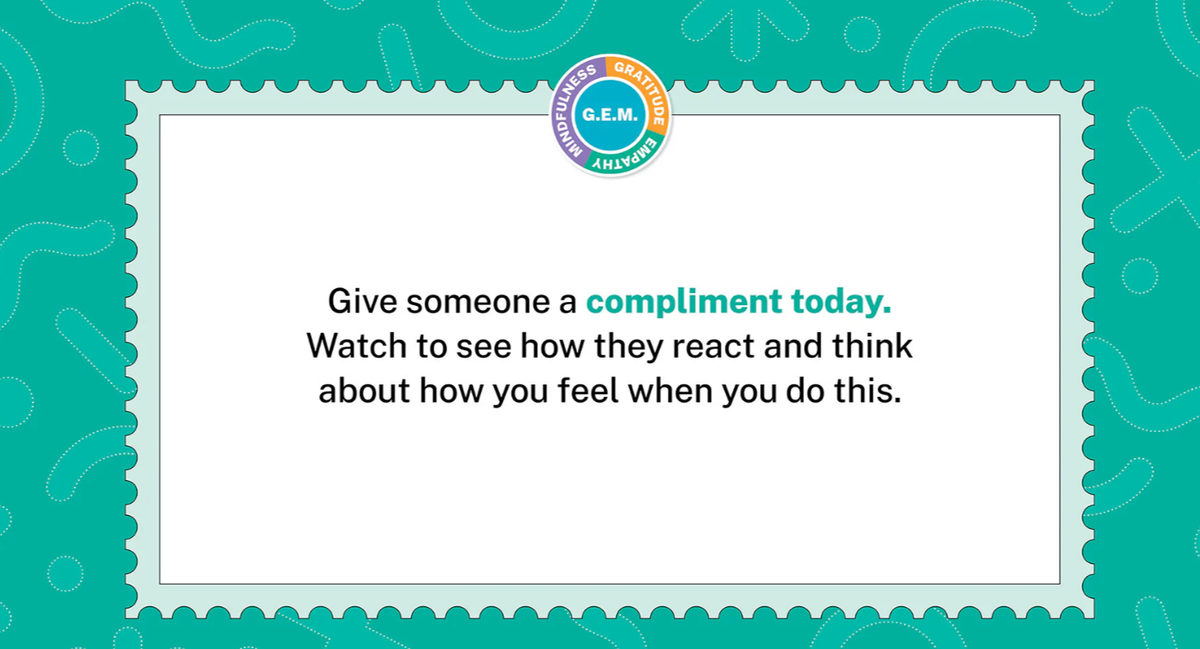







In the previous newsletter, I included information about how devices can impact children's sleep. This issue, I continue the sleep theme, with more information about the importance of a good night's sleep for our children.


SLEEP TIPS FOR CHILDREN
Did you know that school aged children need 9-12 hours of sleep a night? Without enough sleep, children can be cranky, moody, hyperactive and have behaviour problems. They may also have difficulty with learning and paying attention at school. It is vital that parents prioritise a good night's sleep for their children, to ensure children can do their very best socially, emotionally and academically at school.
www.sleephealthfoundation.org.au
Katrina Spicer
Assistant Principal for Wellbeing and Inclusion
katrina.spicer@education.vic.gov.au


TEACHING CHILDREN THAT MISTAKES ARE OKAY
By Dr Justin Coulson
You won’t find a child more chuffed with themselves than a preschooler who is learning to write their own name. In the beginning, they courageously create a jumble of mixed-up letters and back-to-front S’s to piece together the first iteration of what will become their signature. Ver quickly, those mistakes lead to mastery, and they’re equipped with a skill they’ll use hundreds of thousands of times throughout their lives.
As our children grow, their fearlessness in the face of mistakes often gives way to a paralysing fear of failure. They become less willing to take risks, try new things, and broaden their experience because of the risk of not getting it ‘right’ straight away.
How do we help our kids overcome perfectionism and make friends with mistakes again?
Here are my top tips for parents and educators:
Talk it through
Whether it’s learning to ride a bike or writing a story, when a child shows reluctance to try before they start, ask them what they’re worried about. Give them the chance to share their fears and talk it through. Ask them, ‘What’s the worst thing that can happen?” Putting words around their fear can help contextualise and minimise it, making ‘the scary thing’ seem smaller and easier to handle.
Share your story
Younger children love to hear stories from their parents and trusted adults. Share a story with them of when you were scared, then tried, failed and learned something from making a mistake. You can make it funny to lighten the load and help diffuse their worry.
Resilience
Making mistakes and learning from mistakes helps children build resilience, which will stand them in good stead later in life. If they have tried, failed and then tried again, it helps them build confidence to tackle bigger, more daunting tasks down the track. Failure is not the enemy; failure to try is! Failure, ironically, can build success. As the saying goes, ‘If at first you don’t succeed, then try and try again.”
Reward the effort
If you have coached and coaxed your child or student into trying something new for the first time, or fi they have worked hard to conquer their fear, then regardless of the outcome, let them know they are champs for trying. This way, the reward is linked, not to whether they failed or succeeded, but to the effort they made in the first place. Being a ‘doer’ with a positive ‘at lease I tried’ attitude, will help children build a positive approach to tackling new activities and tasks later in life.
Practice makes perfect
Perfect is of course not needed but practice is important. Give children plenty of opportunity to keep trying their chosen activity, whether they’ve taken up a new sport, musical instrument or hobby, or whether they’re plucking up courage to make new friends at school. Help them stay positive and celebrate their achievements and learnings with them along the way. Whether they tell you this or keep it to themselves, kids love it when their parents, carers and teachers are their support team (and they’ll remember it later, too!)


CHAMPIONING NEURODIVERSITY
Helping Your Child Thrive in a Neurotypical World
Monday 19 August | 7pm AEST
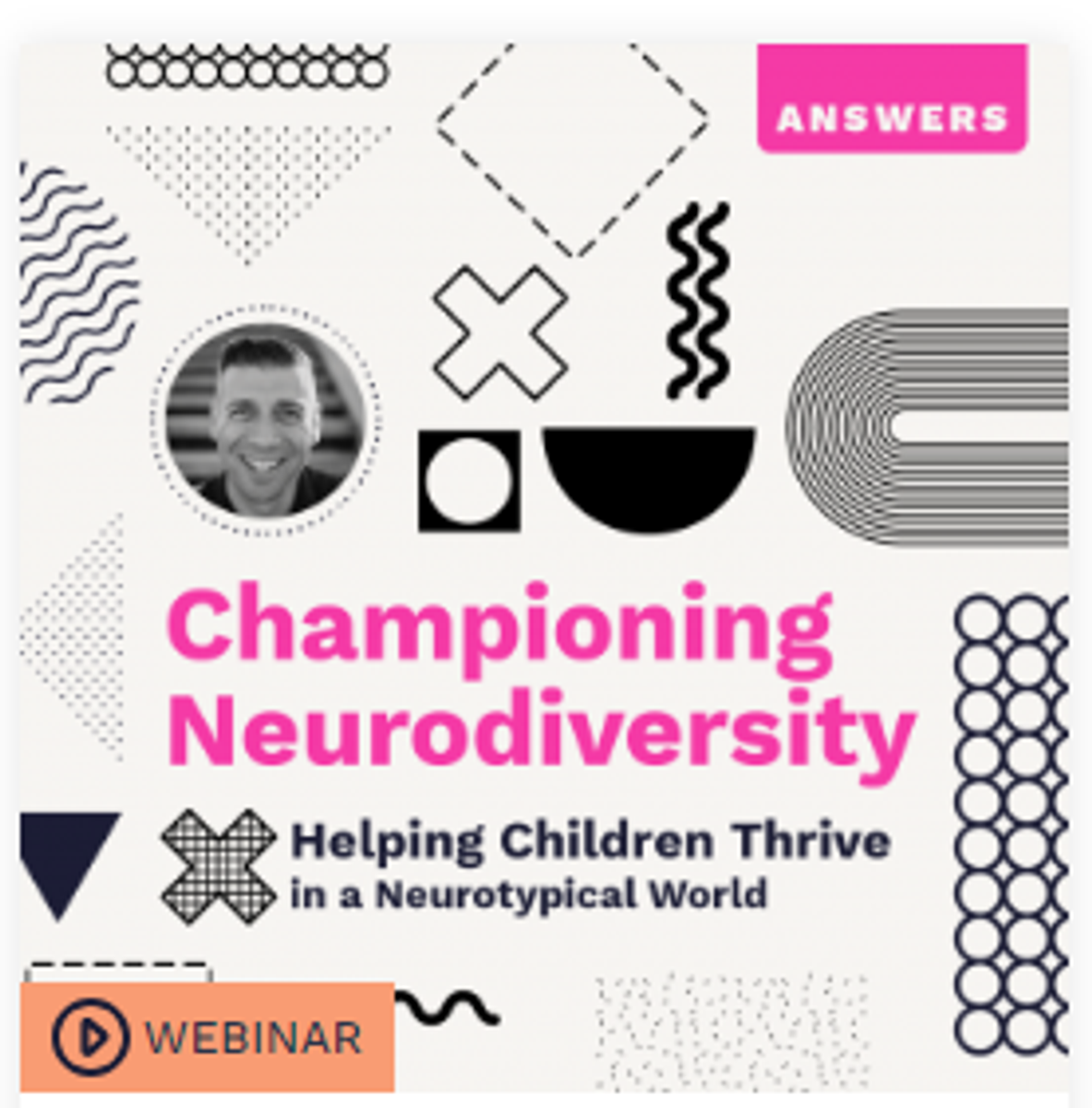

Life for a neurodiverse child is a journey of highs and lows, marked by the joy of mastering new skills and the challenges of setbacks. As their parent or teacher, your support is crucial.
Empower your school staff and parents with our “Championing Neurodiversity” webinar, designed specifically to equip parents and teachers with the knowledge and strategies they need to help neurodiverse children flourish.
Who is this webinar for?
This webinar is for educators, parents, and carers of children who are diagnosed as neurodiverse, are undergoing assessment, or are suspected to be neurodiverse.
Webinar Highlights:
Click on this link to join the Webinar.
https://schools.happyfamilies.com.au/championing-neurodiversity/
Our school subscription to Happy Families allows access to the Happy Families website to all members of our school community.
Families can access the Happy Families website at: https://schools.happyfamilies.com.au/login/whps
Password: happywhps